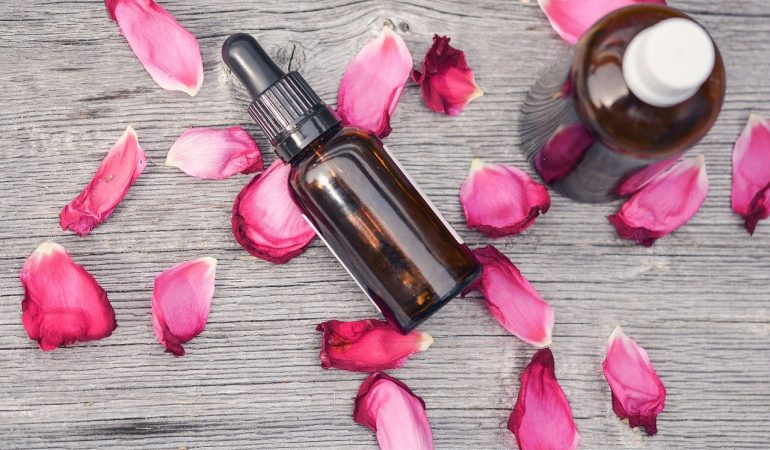Fundamental oils/Essential oils are regularly utilized in fragrance based treatment, a type of elective medication that utilizes plant concentrates to help wellbeing and a more natural healthy lifestyle.Be that as it may, a portion of the wellbeing claims related with these oils are questionable and cause for contraversity.This article discloses all you have to think about essential oils and their wellbeing impacts.
Essential oils are mixes extricated from plants and they have been used for thousands of years. The oils catch the plant’s fragrance and flavor, or “the essence.”
One of a kind fragrant mixes give every basic oil its trademark essence.Essential oils are gotten through refining (by means of steam and/or additionally water) or by cold pressing.Once the extraction has been completed they are joined with a carrier oil to make an item that is prepared for use.The manner in which the oils are made is significant, as basic oils got through concoction forms are not viewed as obvious basic oils.
Aromatherapy is the most popular way that essential oils are used, mostly used with a diffuser that disperses the smell within a room or throughout the home. Most essential oils are not meant to be ingested, but there are some from certain companies that will be labelled safe to ingest. Because chemicals in the oils can interact with your body in several ways, and oils can also interact with medications that you may be taking it’s extremely important that you either talk to your doctor or do extensive research online. Also please be aware that chemicals in some plants can be absorbed through your skin. Inhaling the smell of essential oils stimulates the limbic system (a part of your brain which can affect emotions, sense of smell, behaviors and long-term memory). Think about how a certain smell can bring back memories from a particular time in your life. When I smell Chanel #5 I always have found memories of my mom. The smell of mandarines brings back memories of my grandmother peeling them for me. Cinnamon brings memories of Christmas to me.
Now despite oils being used for centuries upon centuries very little is known about their ability to treat certain health conditions. However we believe that natural products can be used to help with certain ailments as long as you inform yourself about the proper use, you get the go ahead from you family doctor if you have certain conditions and are taking medication or vitamins that might cause a reaction with the oils. A well informed person is one that avoids the risk of having a reaction to the use of an oil.
There are almost 100 types of essential oils each one with a distinct smell or combination of smells with it’s own potential benefits. Here is a list of some of the most popular oils:
- Lavender: used to relieve stress
- Sandalwood: used to calm nerves and help with focus
- Frankincense: used to meditate, grounding and calming effect
- Peppermint: used to boost energy and aid in digestion
- Tea Tree: used to fight infections and boost immunity
- Lemon: used to aid digestion, mood, headaches, and more
- Bergamot: used to reduce stress and improve skin conditions like eczema
- Rose: used to improve mood and reduce anxiety
- Eucalyptus: used to clarify, used in lots of body products
- Chamomile: used to improve mood and relaxation
- Ylang-Ylang: used to treat headaches, nausea, and skin conditions
- Grapefruit: used to uplift and refresh
- Jasmine: used to help with depression, childbirth, and libido
- Rosemary: used to uplift, energize and purify
- Patchouli:used to ground and relax
- Lemon: used to aid digestion, mood, headaches, and more
